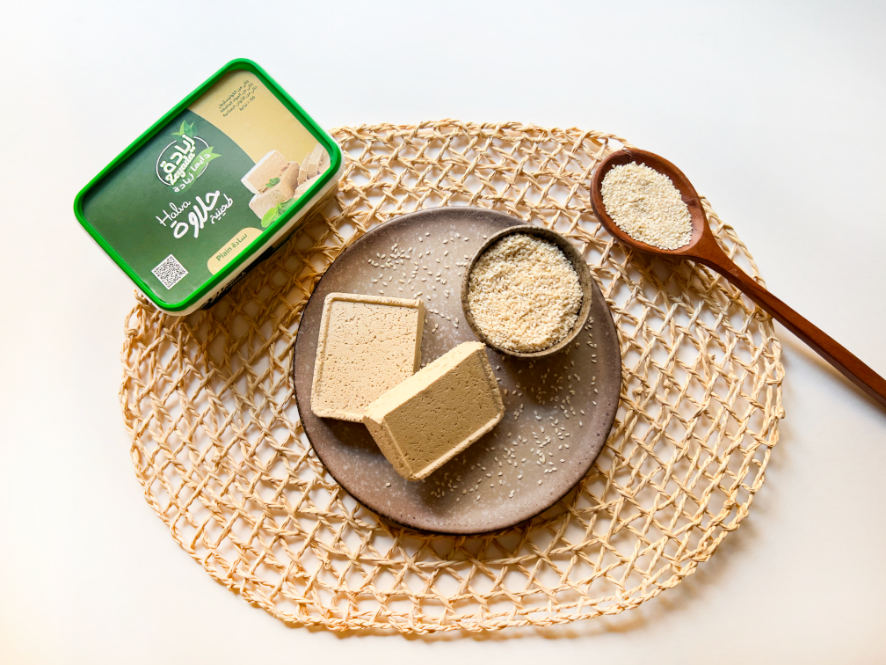The production of halawa has evolved significantly with advancements in industrial techniques. While traditional methods are still valued for their craftsmanship, modern factories have incorporated technology to enhance efficiency and consistency.
- Automation in Tahini Grinding: Modern factories use automated grinding machines to produce tahini. These machines ensure a consistent grind, which is crucial for the smooth texture of the final product.
- Advanced Syrup Production: Industrial syrup production involves precise temperature control and automated stirring mechanisms. This not only improves the consistency of the syrup but also reduces the risk of human error.
- Emulsification Techniques: Automated systems for adding and mixing emulsifiers like soapwort extract ensure that the halawa mixture is perfectly aerated and emulsified. This step is essential for achieving the traditional fibrous texture without manual labor.
- Cooling and Molding Innovations: Industrial cooling systems allow for more controlled and uniform cooling of halawa. Additionally, automated molding machines can produce halawa in various shapes and sizes efficiently.
- Quality Control: Modern halawa factories employ rigorous quality control measures, including regular testing of raw materials and finished products. This ensures that each batch of halawa meets the highest standards of quality and safety.


